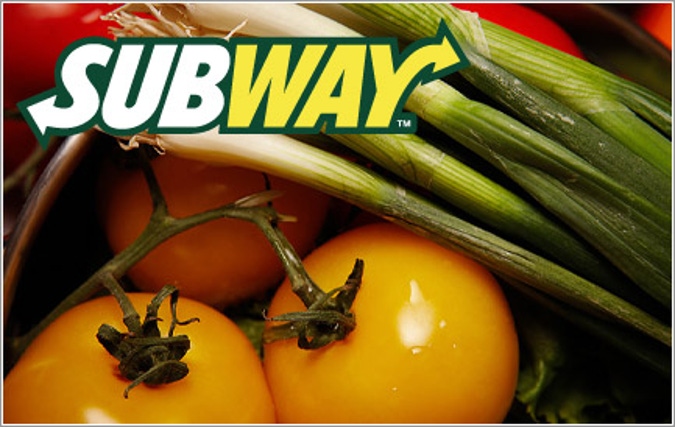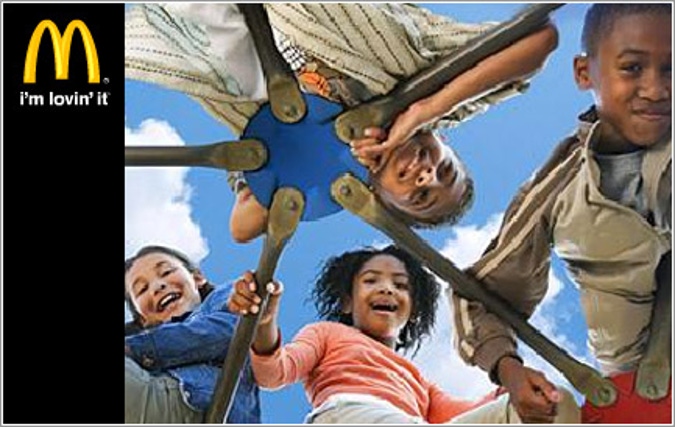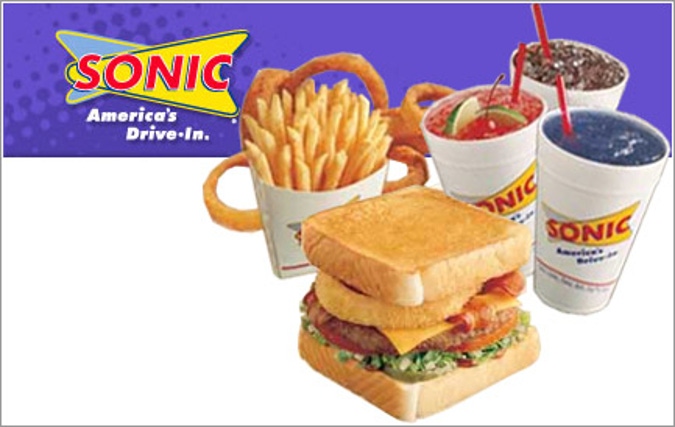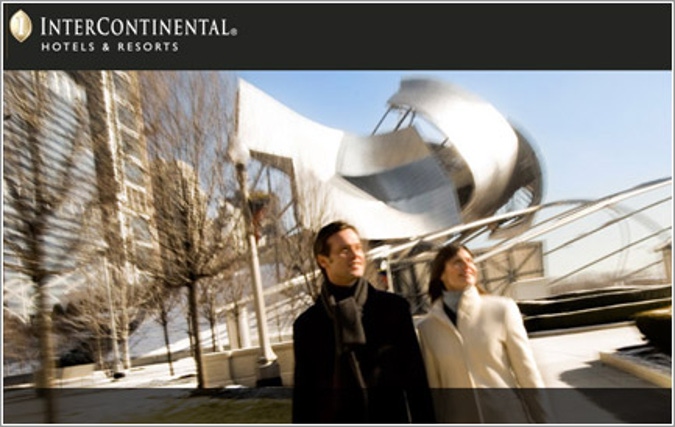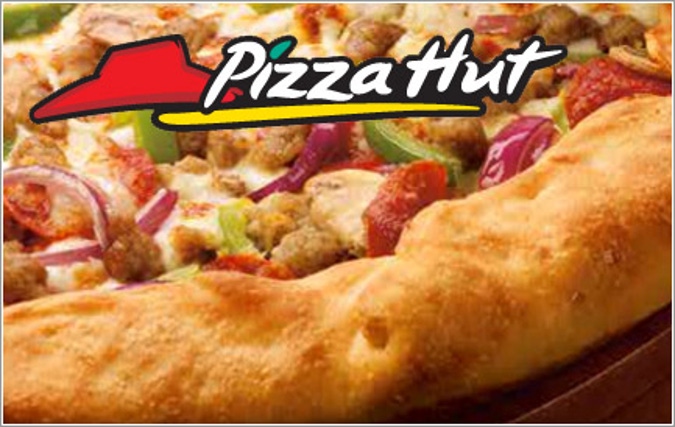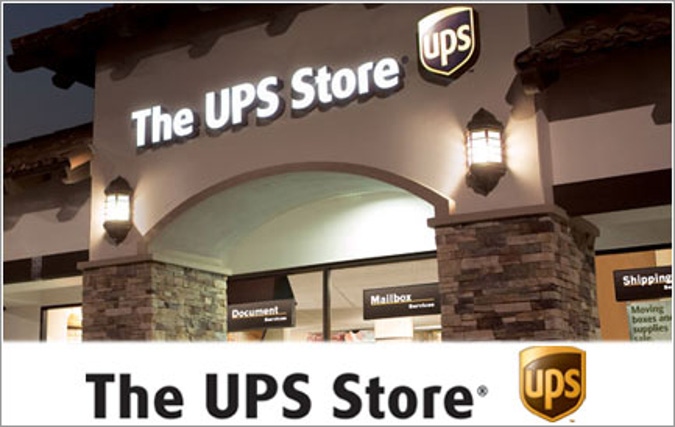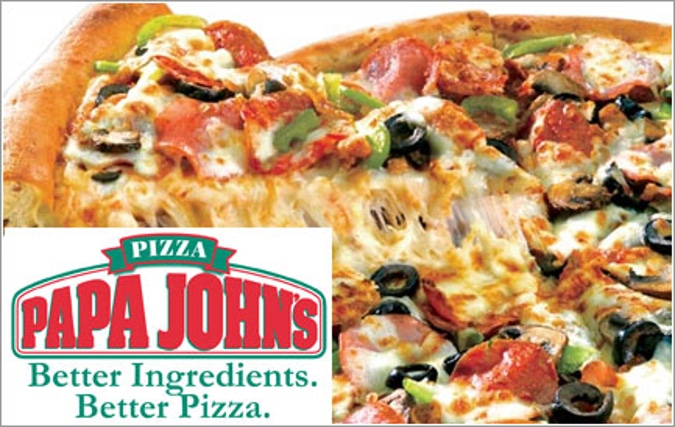2009 Franchise 500 Top 10
Read up on this year’s franchise power players.
After dedicating the past several months to painstakingly calling, e-mailing, researching and analyzing hundreds of franchise companies–not to mention the three decades we’ve spent perfecting out ranking procedure and top-secret formula–we’re proud to present Entrepreneur’s 30th Annual Franchise 500, the world’s first, best and most comprehensive franchise ranking.
Illustration – Alan Kitching/debutart.com
#1: Subway
Number of franchises: Franchising since: Startup costs: 2008 rank: Franchise details#2: McDonald’s
Number of franchises: 24,799
Franchising since: 1955
Startup costs: $950,200 to $1.8 million
2008 rank: #5
Franchise details
#3: Liberty Tax Service
Number of franchises: Franchising since: Startup costs: 2008 rank: Franchise details#4: Sonic Drive-In
Number of franchises: 2,678
Franchising since: 1959
Startup costs: $1.2 million to 3.2 million
2008 rank: #6
Franchise details
#5: InterContinental Hotels Group
In 1988, U.K.-based Bass Brewers (founded by William Bass in 1777) moved into the hospitality industry with the purchase of Holiday Inns International. The company focused on expanding its hotel properties and finally sold the brewery business off in 2000. The InterContinental Hotels Group now owns seven brands and operates more than 4,000 hotels spanning nearly 100 countries.
Number of franchises: 3,498
Franchising since: 1954
Startup costs: Varies
2008 rank: #8
#6: Ace Hardware
Number of franchises: Franchising since: Startup costs: 2008 rank: Franchise details#7: Pizza Hut
Number of franchises: Franchising since: Startup costs: 2008 rank: Franchise details#8: The UPS Store/Mail Boxes Etc.
Herb Goffstein and Pat and Mimi Senn founded Mail Boxes Etc. as an alternative to the U.S. Postal Service in 1980, and opened their first store in Carlsbad, California. In 2001, Mail Boxes Etc. became a subsidiary of The UPS Store and now runs a network of almost 6,000 franchises located in the U.S. and more than 40 other countries.
Number of franchises: 5,982
Franchising since: 1980
Startup costs: $171,200 to $280,000
2008 rank: #11
Franchise details
#9: Circle K
Number of franchises: Franchising since: Startup costs: 2008 rank: Franchise details#10: Papa John’s
In 1984, John Schnatter knocked out a broom closet in the back of his father’s tavern and began selling his pizzas to the tavern’s customers. Due to their popularity, he was able to expand into an adjoining space and open the first Papa John’s restaurant in 1985. Today, there are more than 3,000 Papa John’s restaurants worldwide.
Number of franchises: 2,615
Franchising since: 1986
Startup costs: $135,800 to $491,600
2008 rank: #36
Franchise details
After dedicating the past several months to painstakingly calling, e-mailing, researching and analyzing hundreds of franchise companies–not to mention the three decades we’ve spent perfecting out ranking procedure and top-secret formula–we’re proud to present Entrepreneur’s 30th Annual Franchise 500, the world’s first, best and most comprehensive franchise ranking.
Illustration – Alan Kitching/debutart.com
